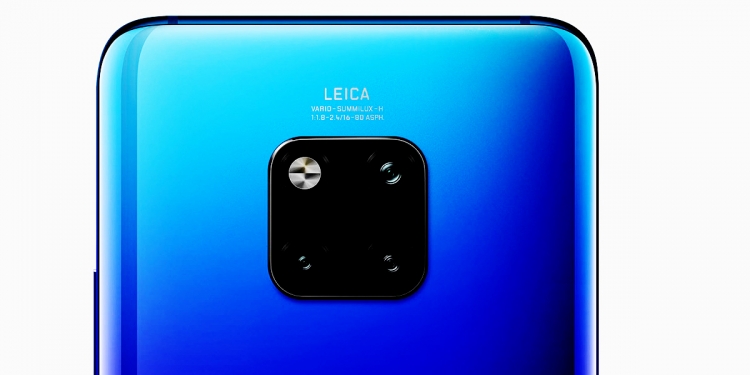Google has reportedly told the Trump administration that cutting Huawei from Android could potentially threaten US national security.
Currently, Google is continuing to provide software updates to existing Huawei devices under a temporary license for 90 days, but once the 90 days are up, Google will be required to stop providing all services for Huawei devices.
A ‘forked’ version of Android
So how would the ban affect US national security? After all, aren’t Huawei devices already banned in the US? Well, this all stems from the argument that Huawei will use a hybrid, or ‘forked’ version of Android on its devices if the ban is fully in place.
A brief explanation on what a ‘forked’ version of Android would be: Even under the ban, Huawei will still be able to use a basic, open-source version of Android on their devices. However, devices will not have access to Google apps including Youtube, Gmail, and Google Play Store; as well as security updates from Google.
According to a report by the Financial Times, this forked version of Android will be more susceptible to being hacked—by parties like China. To understand how this works, you must first realise that Google services (that won’t be included on this forked version) include Google Play Protect that protects your device from malware and other untoward threats.
In addition to that, the ban would mean users are forced to find alternatives to the Google Play Store for apps. Apps on the Play Store, of course, undergo a variety of security checks and scans before they are available to the public—usually more so than other 3rd party sources.
Given the vulnerability of Huawei devices then, any sensitive information sent to these devices from or regarding the US would then compromise US security.
Of course, a cynical view on the matter would point to Google making this argument in favour of a (very big) cash cow, given Huawei’s status as the 2nd largest smartphone vendor in the market.
Bloomberg has reported that Huawei isn’t in direct negotiations with the US government, and is instead waiting to see how these talks evolve. And with the end of the 90-day period fast approaching on the 19th of August, time is certainly running out for all parties to come to a compromise.
[ SOURCE ]








